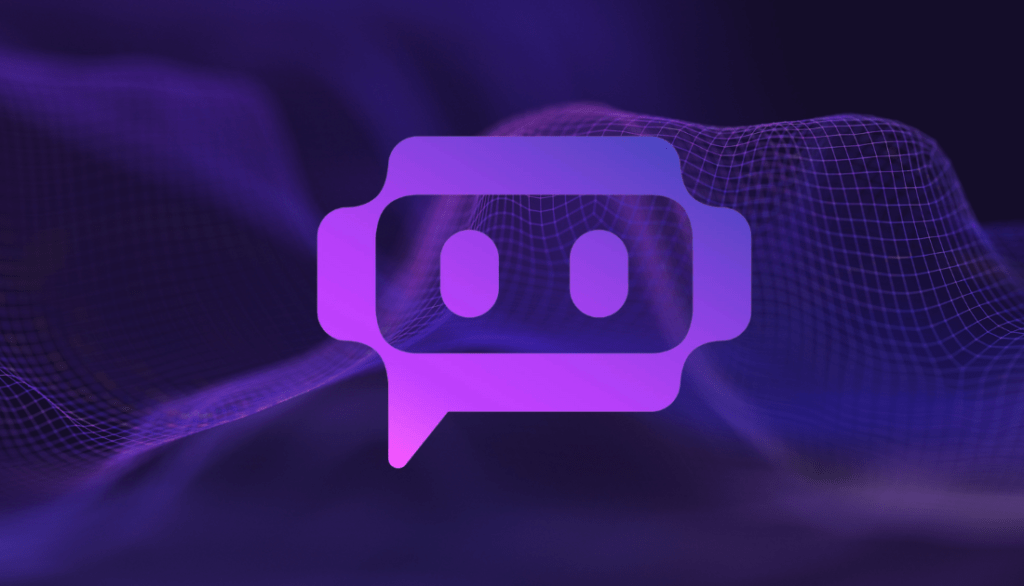Quora’s Poe has launched a feature called Previews, which enables users to create interactive apps directly within chats with AI-powered chatbots. Previews allows users to build data visualizations, games, and even drum machines simply by typing commands like “Analyze the information in this report and turn it into a digestible and interactive presentation to help me understand it.”
One of the standout aspects of Previews is its ability to leverage multiple chatbots simultaneously. Users can combine the strengths of chatbots like Meta’s Llama 3 and OpenAI’s GPT-4o to create more sophisticated and nuanced applications.
Previews supports the integration of information from uploaded files, including videos, which can be utilized to enhance the interactive apps. Once created, these apps can be easily shared with others via a link, promoting collaboration and accessibility.
Previews bears a resemblance to Anthropic’s recently introduced Artifacts, which are dedicated workspaces where users can edit and add to AI-generated content like code and documents. Previews distinguishes itself by supporting HTML output, complete with CSS and Javascript functionality.
This feature is currently limited to chatbots that excel at programming, like Claude 3.5 Sonnet, GPT-4o, and Google’s Gemini 1.5 Pro. Quora has pledged to expand these capabilities further in the future, potentially broadening the range of applications that can be created using Previews.
An example of Previews in action is a drum machine created using the feature, showcasing its potential for creative and practical applications. The ability to create such diverse tools directly within a chat interface represents a significant leap forward in how users can interact with and utilize AI chatbots.
Despite its promising capabilities, Previews arrives at a somewhat challenging time for Poe. Last month, an investigation by Wired revealed that Poe allowed users to download paywalled articles from various news publications on demand.
Wired reported that it managed to obtain stories from publishers like The New York Times and The Atlantic using Quora’s in-house Assistant chatbot. This discovery sparked controversy and raised questions about the ethical use of AI and the responsibilities of platform providers.
Quora has disputed Wired’s claims, maintaining that it did not engage in any wrongdoing. The company has argued that its platform does not violate any policies or laws and that it is committed to ensuring the ethical use of AI technologies. This incident has cast a shadow over the launch of Previews, potentially impacting its reception among users and stakeholders.
Despite these challenges, the introduction of Previews demonstrates Quora’s commitment to innovation and enhancing the functionality of its platform. By enabling users to create interactive and engaging applications directly within chats, Previews has the potential to transform how people use AI chatbots in their daily lives.
Whether for educational purposes, business presentations, or creative projects, the ability to build and share custom apps could open up new possibilities for users across various fields.
The true test of Previews will be how well it is adopted by Poe’s user base and whether it can overcome the current controversy surrounding the platform. If users embrace the feature and find it valuable, Previews could become a defining element of Poe, setting it apart from other AI chatbot platforms.


